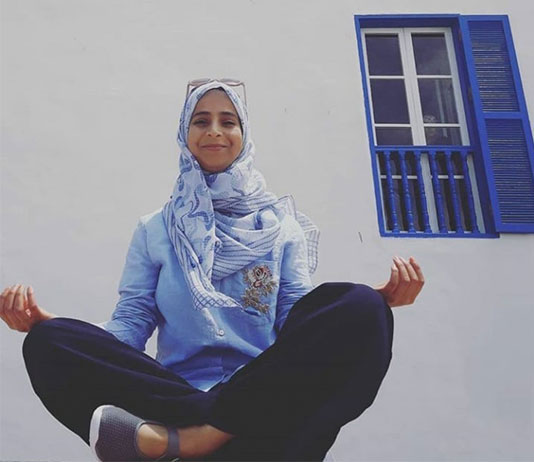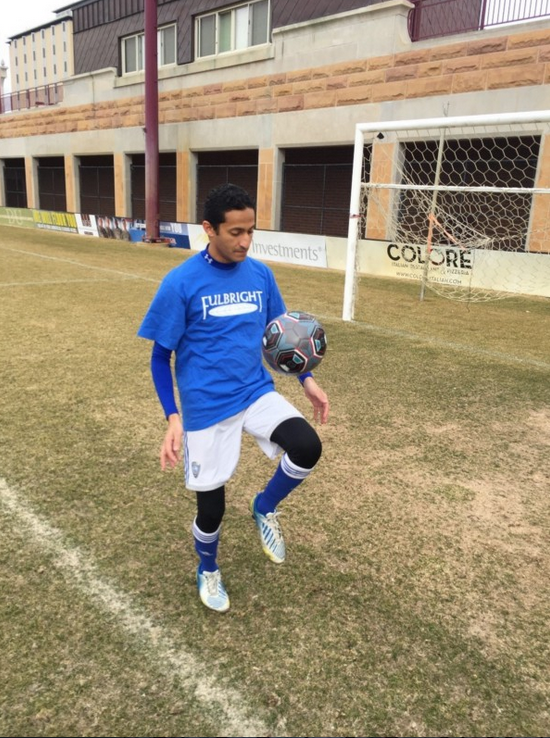This Arabic Language Day, we’re highlighting the contributions of outstanding Fulbrighters who live the Fulbright mission through sharing Arabic language and culture. In this Q&A, Fulbright Foreign Language Teaching Assistant Chama Bououd, an Arabic language FLTA at Stetson University, shares her experience teaching remotely, her tips for learning a foreign language, and what her students have learned about Morocco.
1. Tell us a little about your path to Fulbright. Who or what inspired you to apply?
Chama: My name is Chama Bououd. I am from Morocco and a native speaker of Arabic. I also speak French and English. I am interested in learning from other people and curious about other cultures. I believe that, now more than ever, we need to communicate and exchange our cultures and look from another’s perspective. I saw an opportunity in the Fulbright FLTA Program to experience American culture and share my own culture and native language, and was inspired by Fulbright’s mission to promote mutual understating of cultures and people.
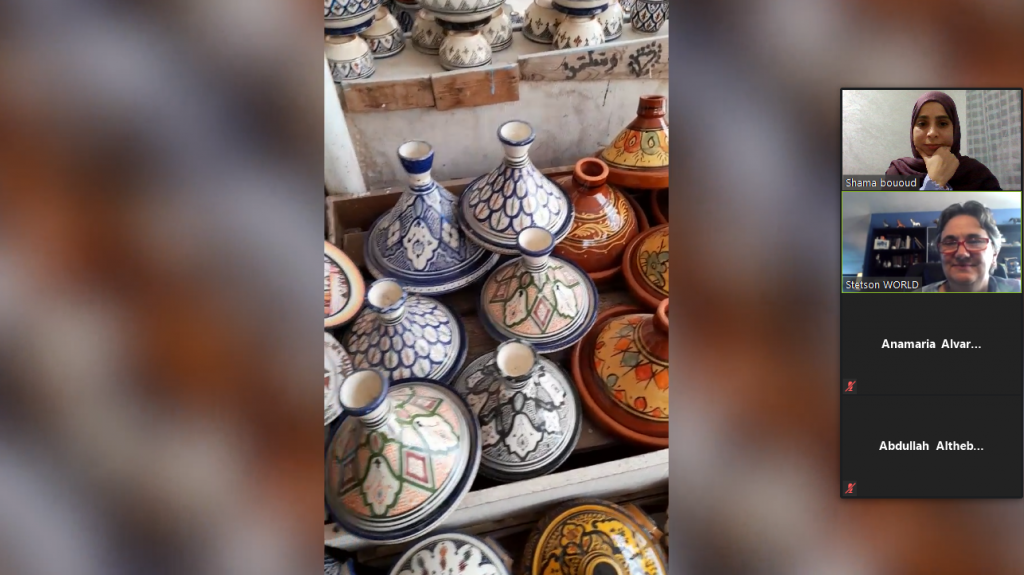
FLTA Chama Bououd introducing the Moroccan tajine, an earthenware pot and dish, to her Arabic class.
2. What tips and tricks have you learned for teaching a foreign language remotely? How have you engaged your students?
Chama: I had to teach remotely from home for the Fall 2020 semester. It was my first time studying and teaching online: teaching a language online is a bit demanding and can be challenging, but the primary instructor, my students, and I made it work. We did our best to cope with the circumstances and we succeeded. I tried to be creative during the classes, recording videos, using my hands and body language to explain and to overcome constraints. I shared Arabic culture, including funny expressions, music, videos, and through conversations, in order to engage all students, especially those beginning to study the Arabic script.
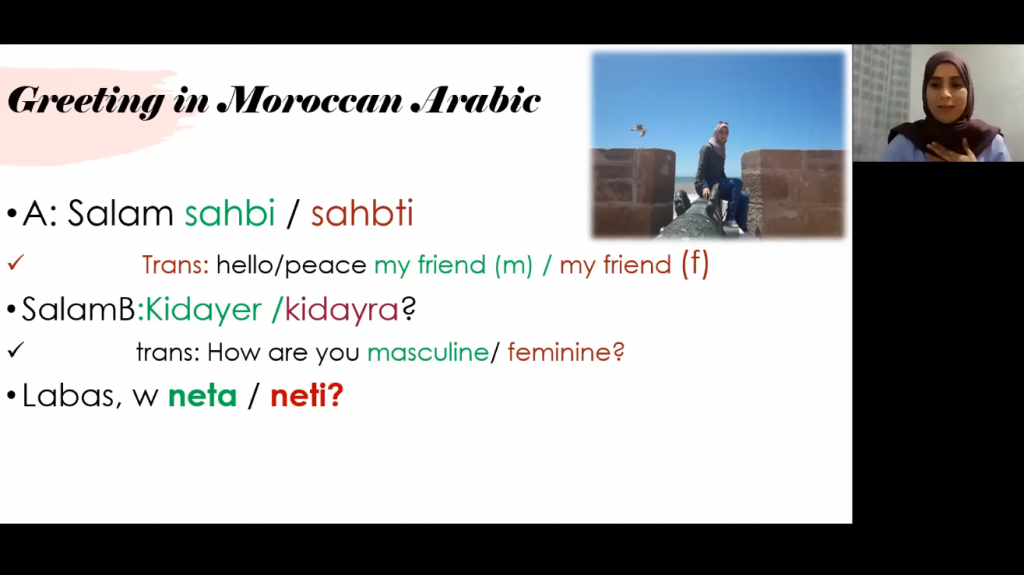
Chama teaching Arabic greetings for a beginning Stetson University Arabic language class.
3. What advice would you give to Arabic language learners, especially those learning via the internet?
Chama: For someone learning Arabic, I would recommend listening to Arabic music, watching movies, following pages that share Arabic content on social media, and watching Arabic videos on YouTube, etc. This enables learners to hear Arabic within context, and to see that Arabic exists beyond class and textbooks, especially for learners who do not live in an Arabic-speaking community. Besides, exposure to a foreign language improves learning, and no language can be learned in isolation from its culture.
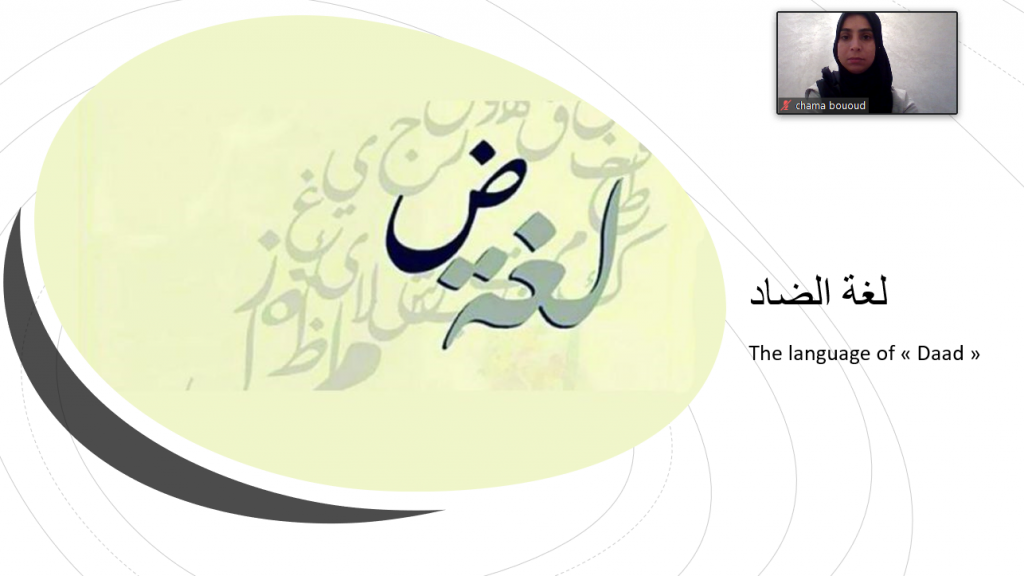
Chama introducing the Arabic letter “daad” to her Arabic class.
4. What might an American be surprised to learn about your home country?
Chama: I noticed that some of my American students and classmates thought that all Moroccan women cover their heads with a hijab, or that we were only allowed to wear black. I explained to my students about Moroccan hospitality, and they were surprised to learn that a host will keep offering guests food, and won’t take “no” for an answer. This is not to be imposing, but rather to be hospitable. I also explained that when shopping in Morocco, you must bargain: the actual price of the product might be half of what the seller is saying, because they expect the customer to bargain.
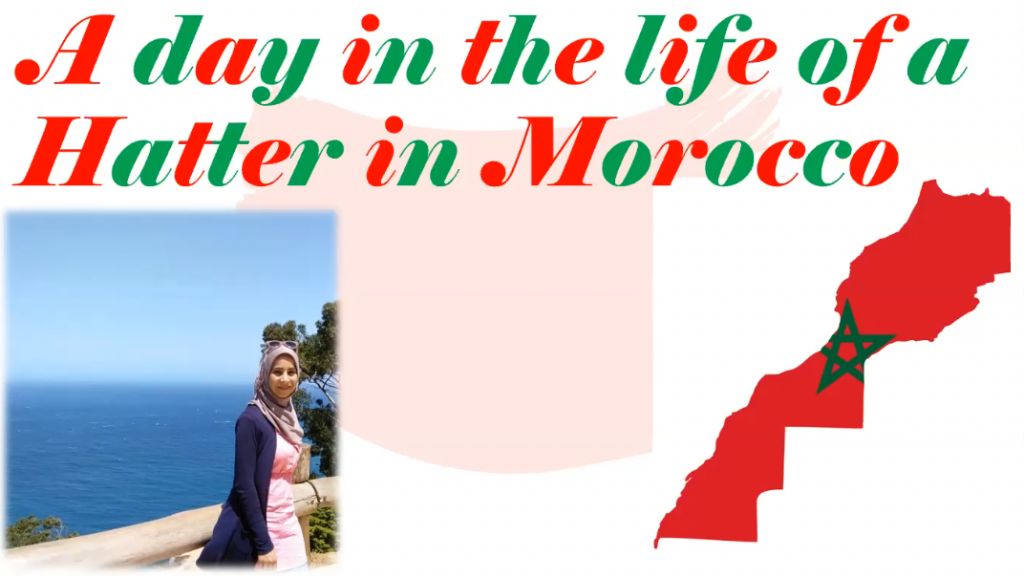
Chama’s presentation on Moroccan Hatters.
5. What is your biggest takeaway from your Fulbright Program?
Chama: My experience in the Fulbright Program has enabled me to look at the world from a different perspective. I have met so many wonderful and helpful people who have welcomed and supported me. I have made connections and learned a lot from my students and classes at Stetson University—this will definitely help me with my academic career and future plans.

